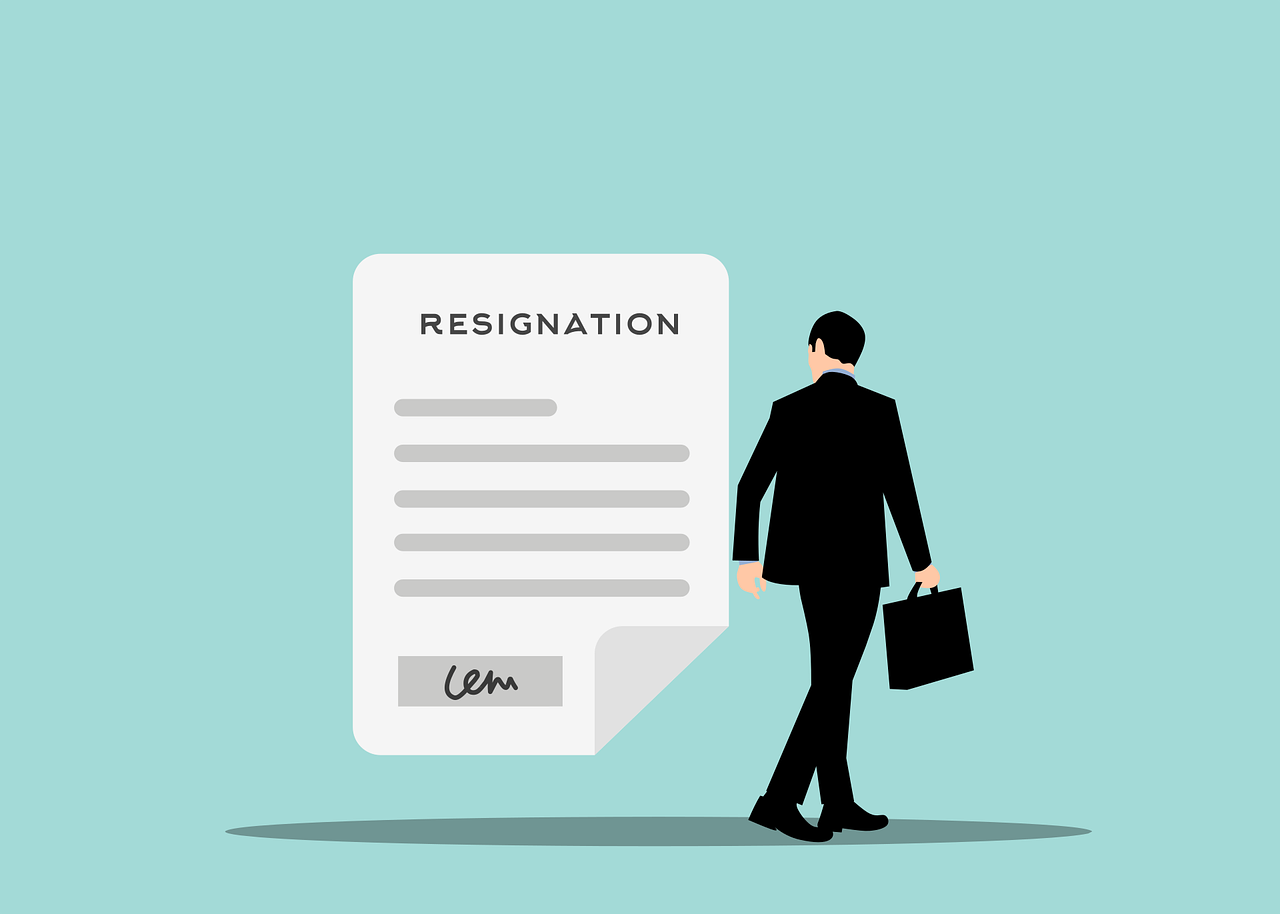Do’s:
Give notice:
The standard notice period is two weeks, but if you are in a higher position, you may need to give more notice. In addition, giving your employer enough time to find a replacement and transition your responsibilities will make the process smoother for everyone involved.
Write a resignation letter:
A resignation letter should be short and to the point. For example, include the date of your last day of work, express gratitude for the opportunity to work for the company, and explain your reason for leaving.
Speak to your supervisor in person:
It is important to speak with your supervisor in person before giving them your resignation letter. This shows respect and helps to avoid any misunderstandings. Explain your reasons for leaving, and be honest but tactful.
Offer to help with the transition:
When you resign, offer to help with the transition process. This may include training your replacement or helping to tie up any loose ends before your departure.
Maintain professionalism:
Even if you are unhappy with your current job, it is important to remain professional and respectful throughout the resignation process. This will help to ensure that you leave on good terms and maintain positive relationships with your former colleagues.
Don’ts:
Quit without notice:
Quitting without notice can be seen as unprofessional and may cause problems for your employer. It is important to give notice and help with the transition process.
Complain about your job:
Even if you are leaving because you are unhappy with your job, it is important to remain professional and avoid complaining or speaking negatively about your employer. This can damage your professional reputation and may impact future job opportunities.
Burn bridges:
Even if you are leaving because you are unhappy with your job or your employer, it is important to maintain positive relationships with your former colleagues. Burning bridges can harm your professional reputation and may impact future job opportunities.
Exhibit professionalism while leaving the organisation:
Finish strong:
Even if you have already given notice, it is important to continue to work hard and perform your duties to the best of your ability until your last day of work. This will help to ensure that you leave on good terms and maintain positive relationships with your former colleagues.
Say goodbye:
Take the time to say goodbye to your colleagues and express your appreciation for the time you spent working with them. This will help to maintain positive relationships and may lead to future networking opportunities.
Tie up loose ends:
Before you leave, make sure to complete any outstanding projects or tasks and ensure that your replacement is prepared to take over your responsibilities.
Resigning from a job can be a difficult decision, but it is important to do so in a professional and respectful manner. By following these do’s and don’ts and maintaining professionalism throughout the process, you can ensure that you leave on good terms and maintain positive relationships with your former colleagues.
